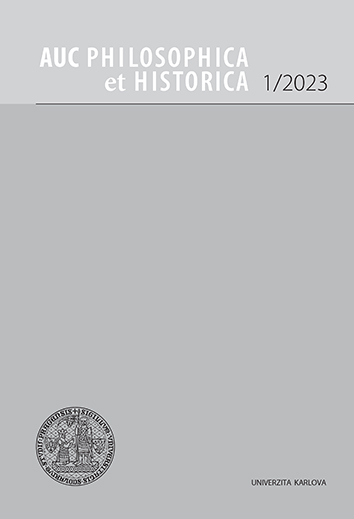AUC Philosophica et Historica je víceoborový akademický časopis zaměřený na humanitní a společenskovědné obory (filozofie, psychologie, pedagogika, sociologie, obecné, české a hospodářské dějiny, pomocné vědy historické a archivnictví, etnologie).
Časopis je indexován v databázích CEEOL, DOAJ a EBSCO.
AUC PHILOSOPHICA ET HISTORICA, Vol 2004 No 1 (2006), 9–29
Sociologické koncepce důvěry ve společnosti
[The Sociological Theory of Trust]
Markéta Sedláčková
DOI: https://doi.org/10.14712/24647055.2018.20
zveřejněno: 12. 01. 2018
Abstract
This article offers a concise overview of the development of sociological theories of trust. It outlines the first, implicit rather than explicit, thoughts on trust in the sociological classics (Tonnies, Tocqueville, Durkheim, Simmel), which were associated mainly with dichotomous concepts of traditional versus modern society. It then gives an account of the first modern sociological theories of trust, which appeared in the second half of the 20th century and, for example, linked trust with the question of social solidarity, the concept of civil society and political culture, or with the problem of the growing division of labour, complexity, and risk-orientation of modern society. Detailed attention is given to the ideas of the American author Francis Fukuyama, who has focused particularly on the differences of interpersonal trust in different cultures, and the English sociologist Anthony Giddens, with his interest in trust in abstract systems.
